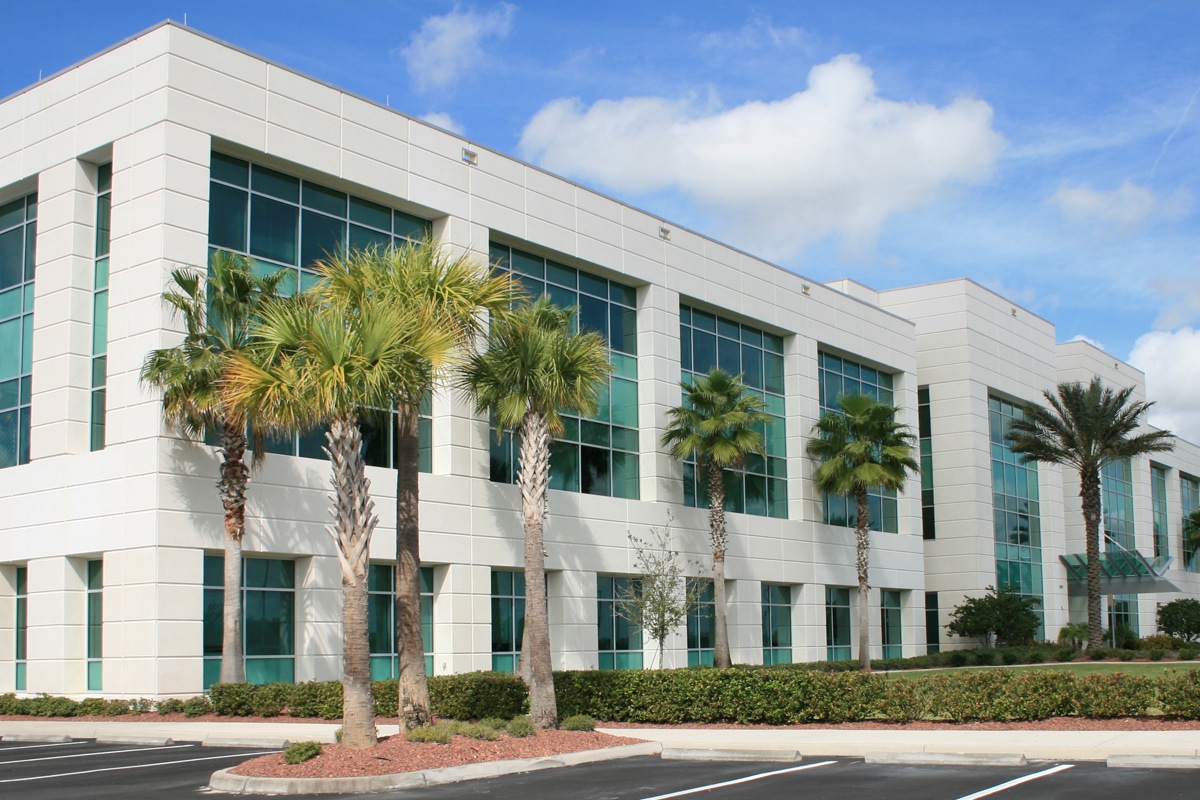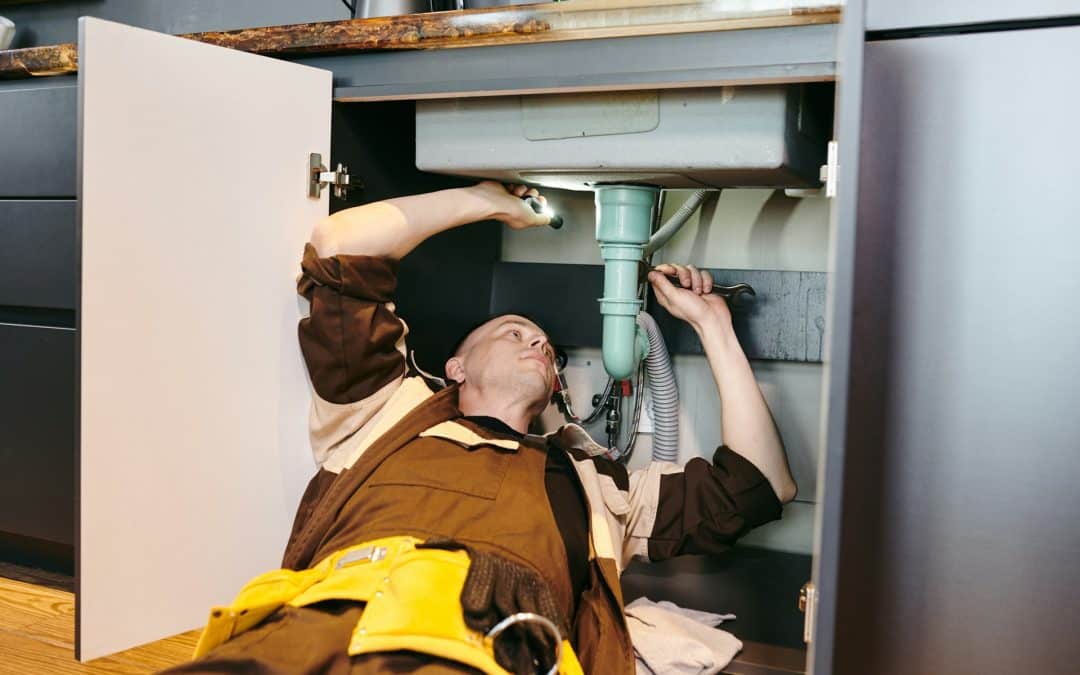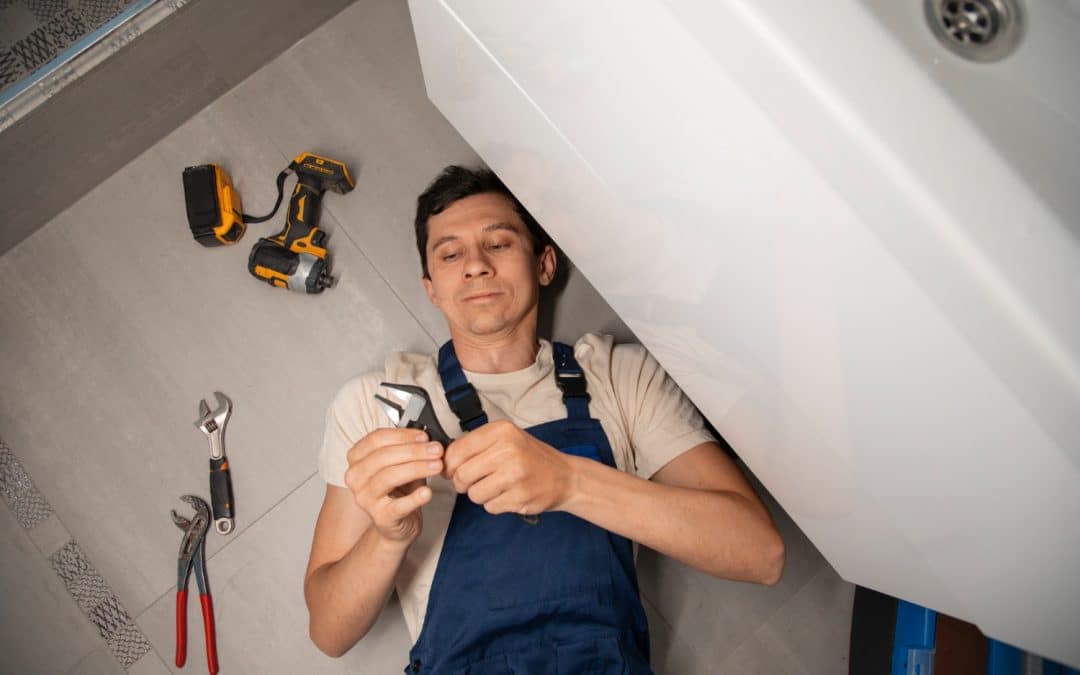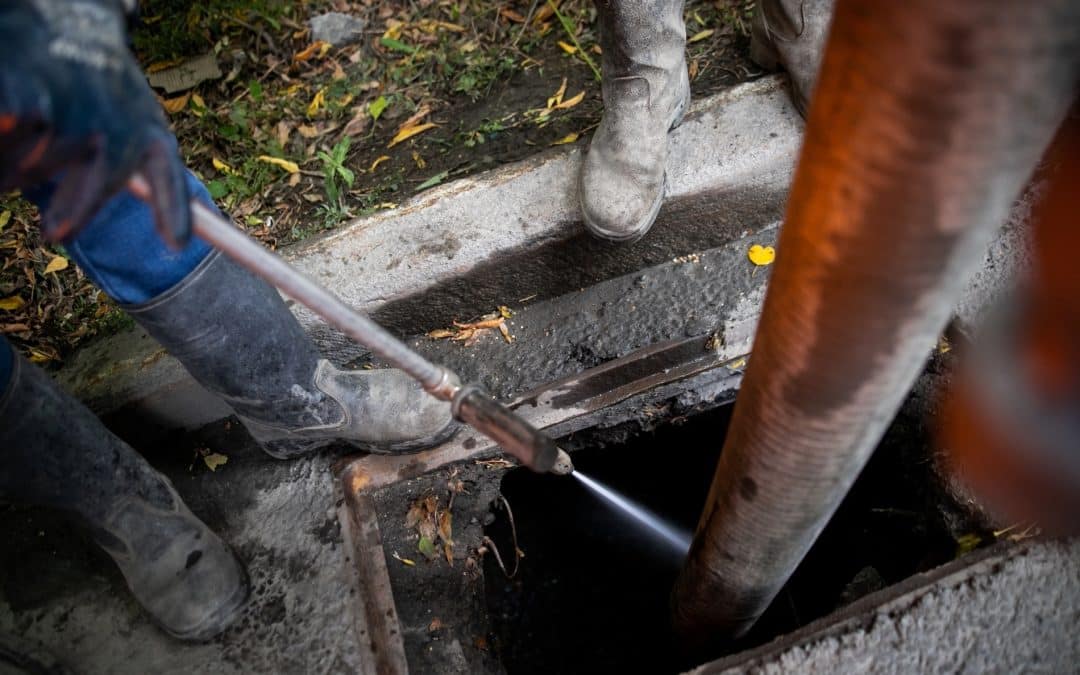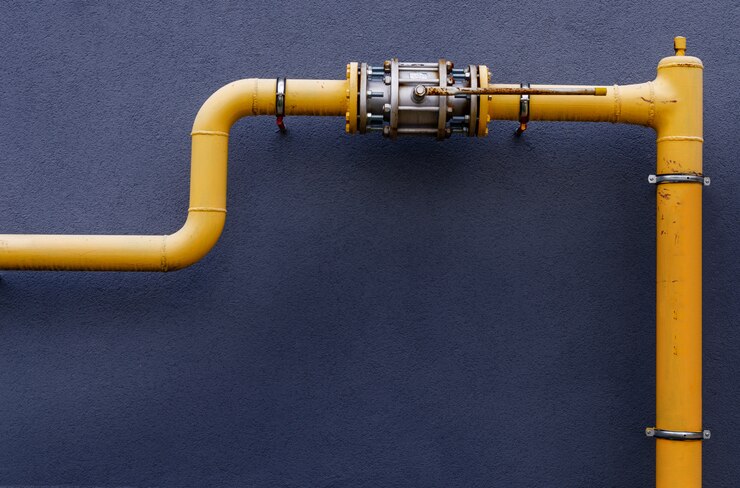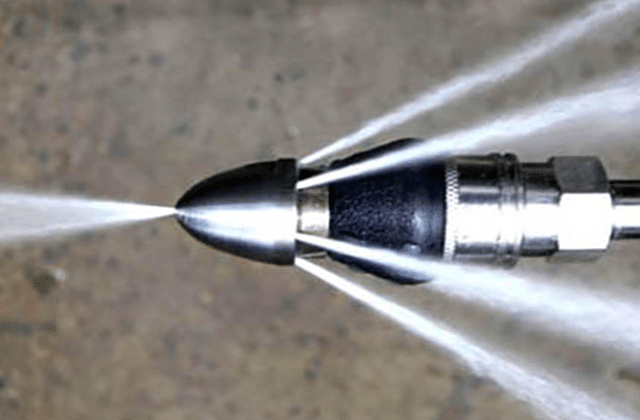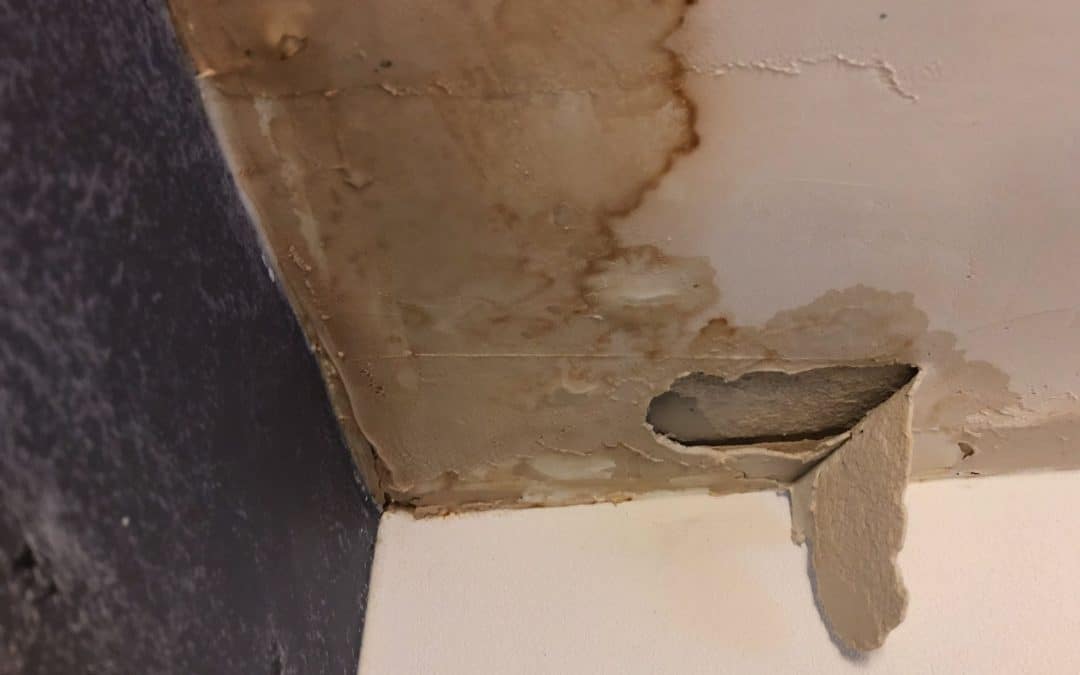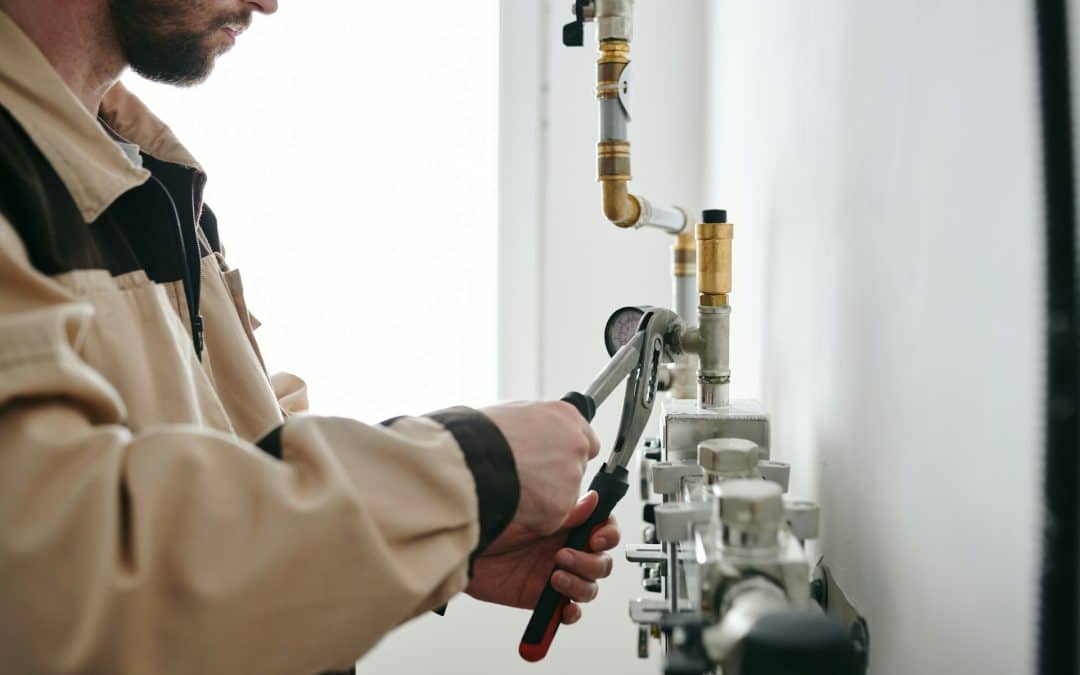Water scarcity is a pressing issue that affects not only our environment but also our economy. Commercial buildings, in particular, have a significant impact on water consumption. As a responsible business owner, it’s crucial to take steps towards water conservation. In this blog post, we will provide you with tangible and useful tips to address common water-related issues in commercial buildings. By implementing these strategies, you can contribute to water conservation efforts while also saving on your water bills.
Installing Water-Efficient Fixtures
One of the most effective ways to reduce water consumption is by installing water-efficient fixtures. Consider replacing old toilets, faucets, and urinals with low-flow or dual-flush models. These fixtures use significantly less water without compromising performance. By doing so, you can save thousands of gallons of water each year.
Regular Maintenance and Leak Detection
Undetected leaks can lead to substantial water wastage. Conduct regular inspections to identify and fix any leaks promptly. Keep an eye out for dripping faucets, running toilets, or damp spots on walls and ceilings. Investing in leak detection technology can help you identify hidden leaks and prevent water loss.
Smart Irrigation Systems
Landscaping is an essential aspect of many commercial buildings, but it can also be a major source of water waste. Opt for smart irrigation systems that use weather-based sensors to adjust watering schedules based on real-time weather conditions. These systems prevent overwatering and ensure that your landscape receives the right amount of water, reducing water waste significantly.
Water Recycling and Reuse
Implementing water recycling and reuse systems can have a substantial impact on water conservation. Consider collecting and treating rainwater for non-potable uses such as irrigation or toilet flushing. Additionally, explore opportunities to reuse greywater from sinks or showers for landscaping purposes. These initiatives not only save water but also reduce your reliance on municipal water supplies.
Employee Education and Awareness
Creating a culture of water conservation within your organization is crucial. Educate your employees about the importance of water conservation and provide them with practical tips to reduce water usage. Encourage them to report any leaks or water-related issues promptly. By involving your employees in your water conservation efforts, you can create a more sustainable workplace.
By implementing these water conservation strategies, you can significantly reduce your water consumption and contribute to a greener future. Remember, every drop counts!
